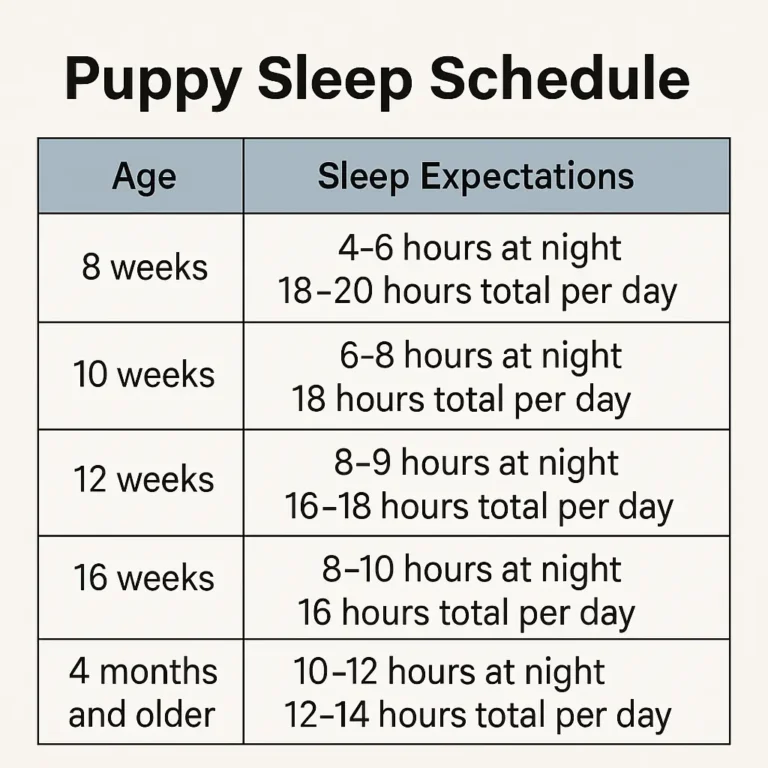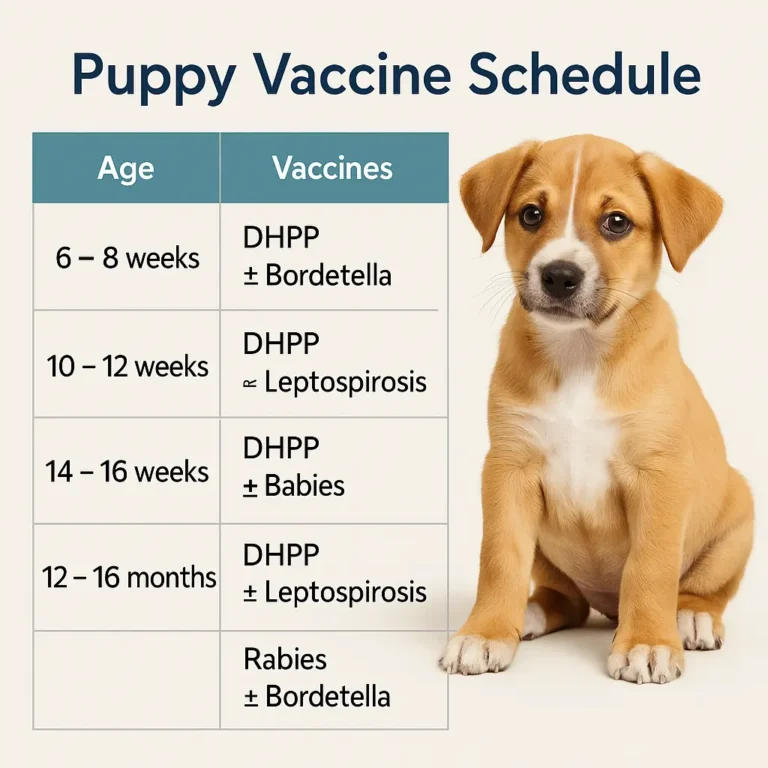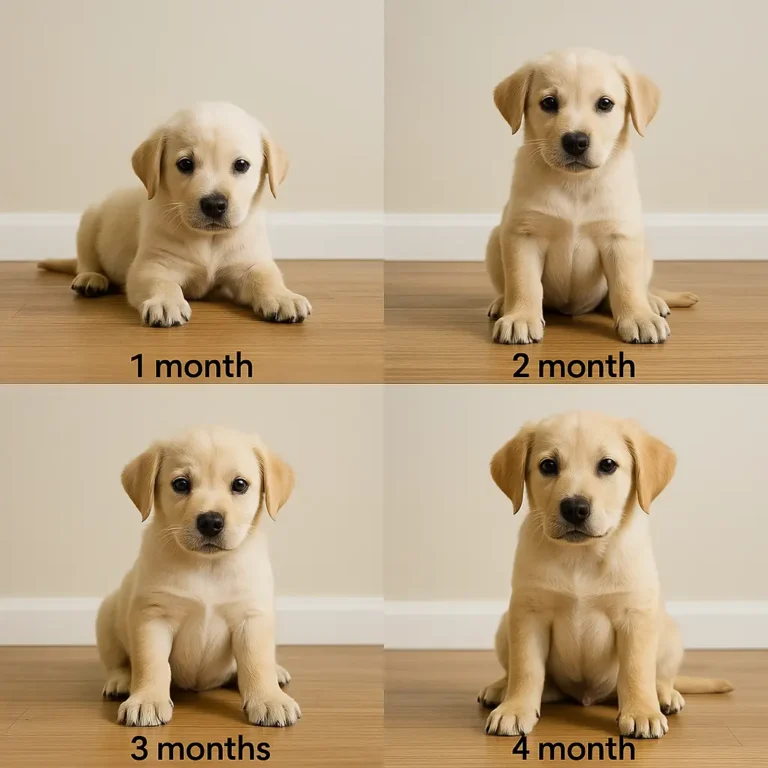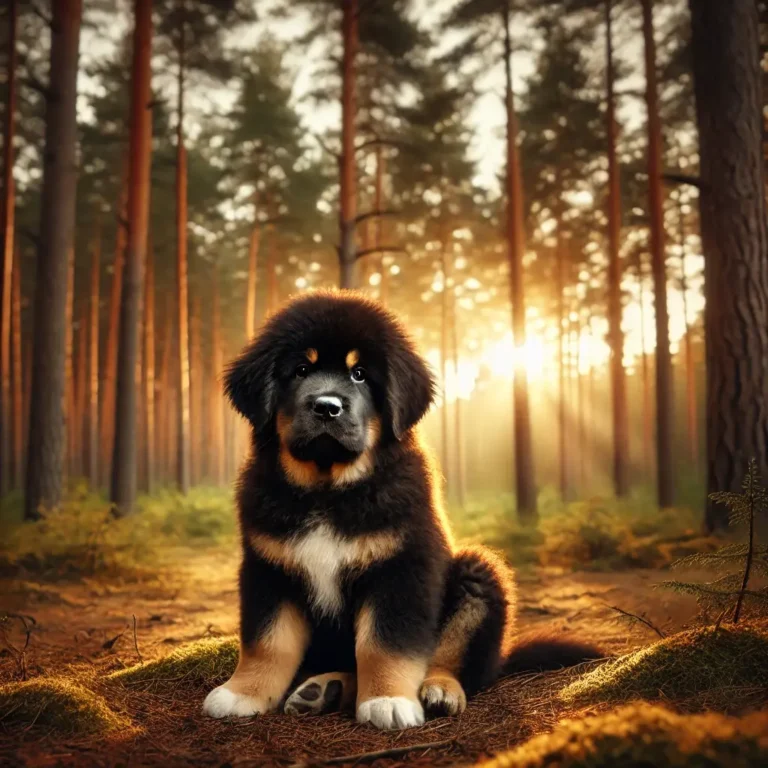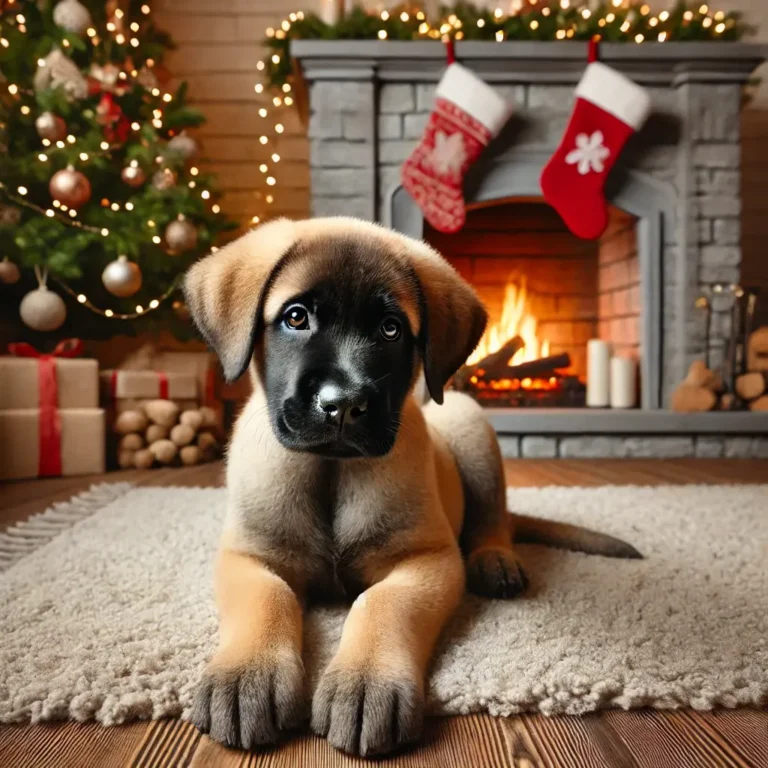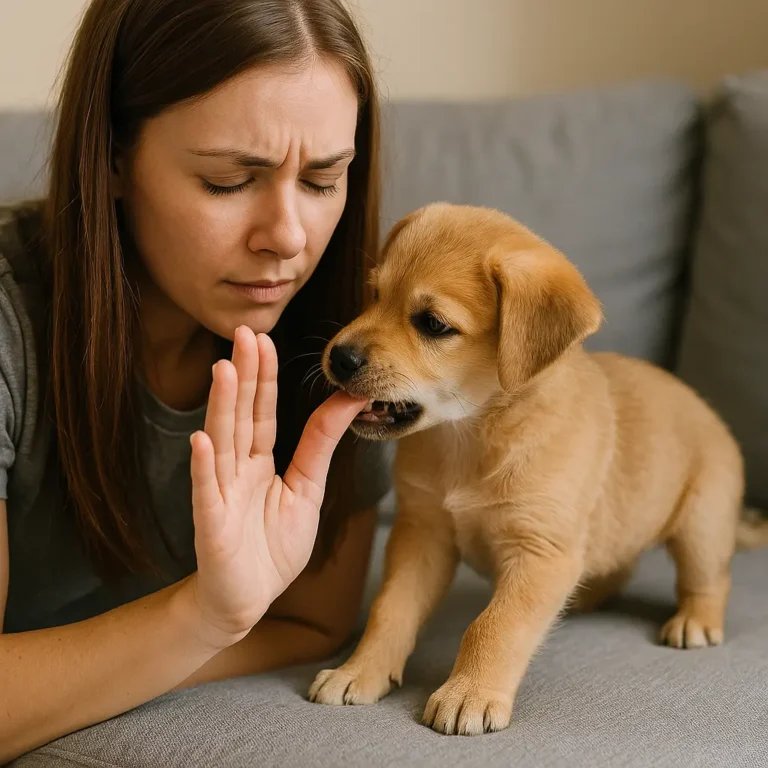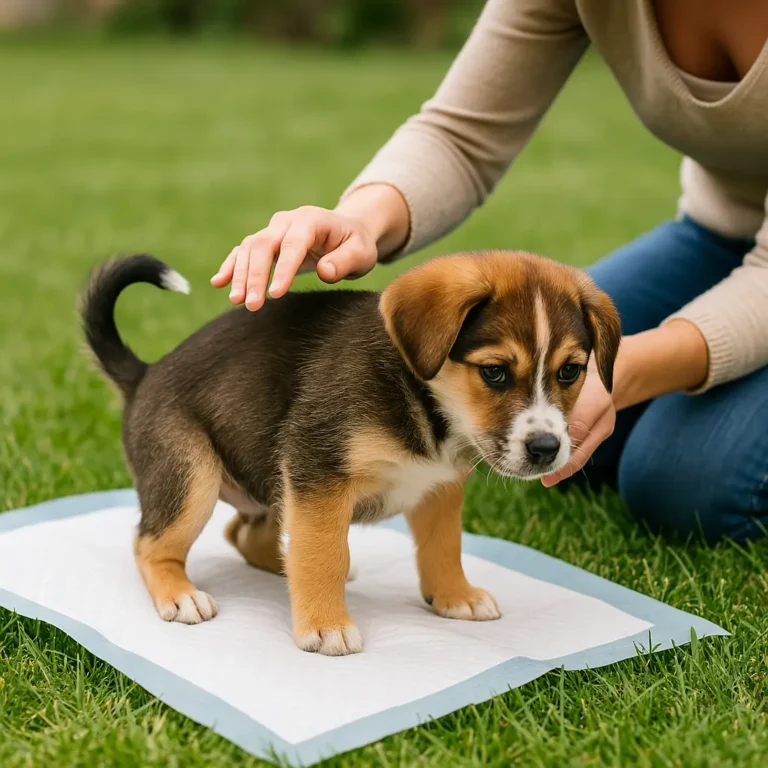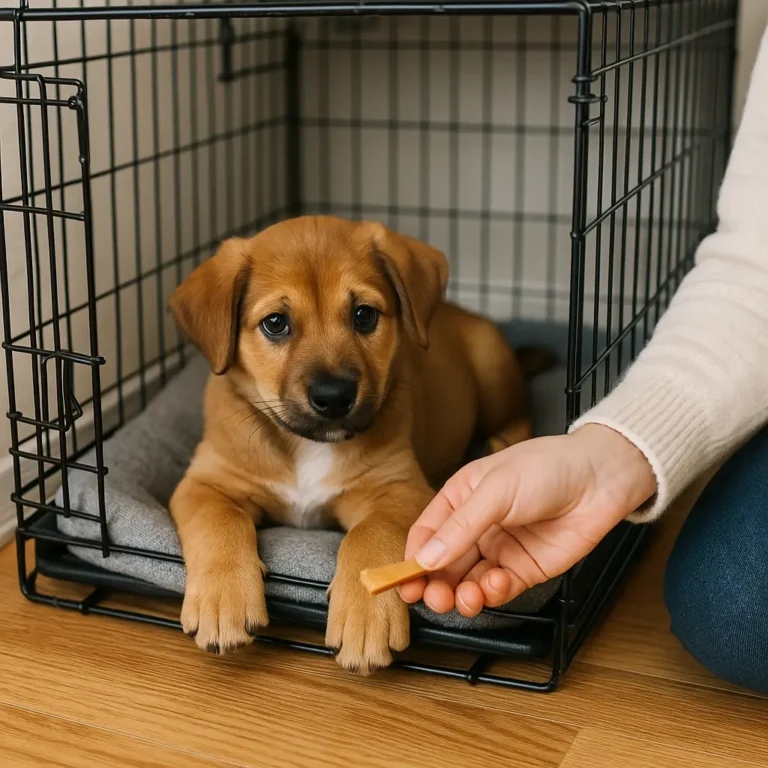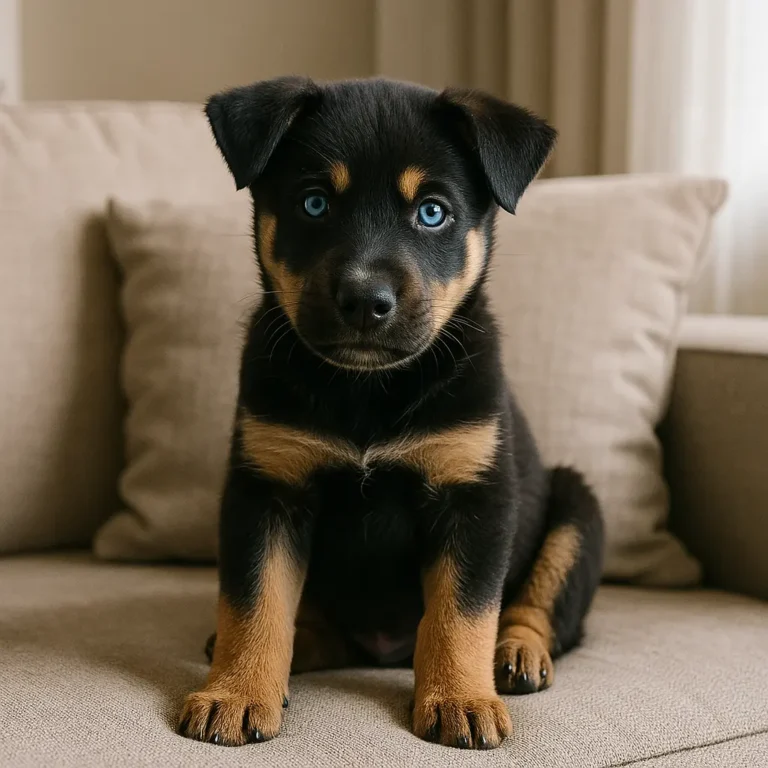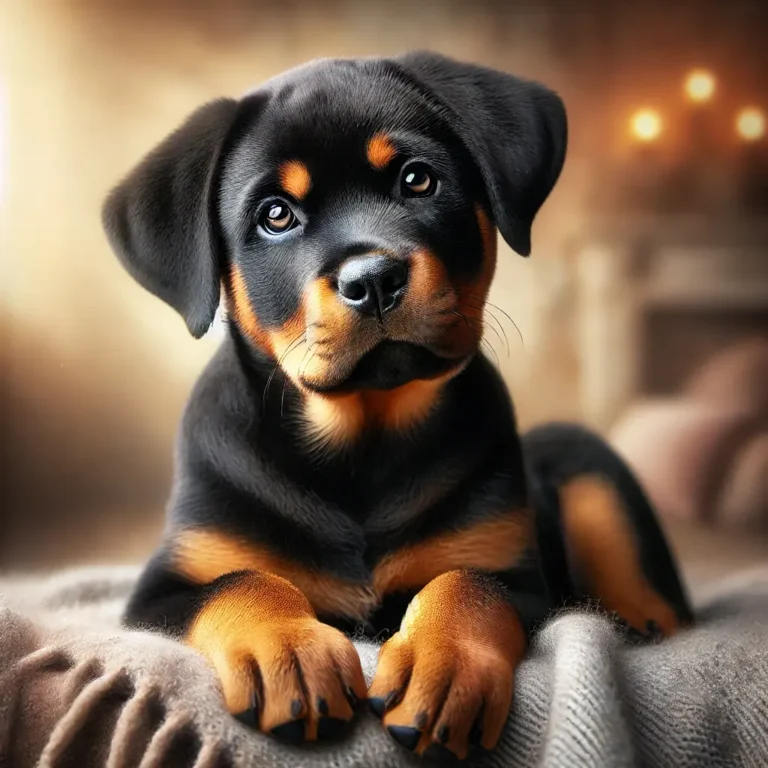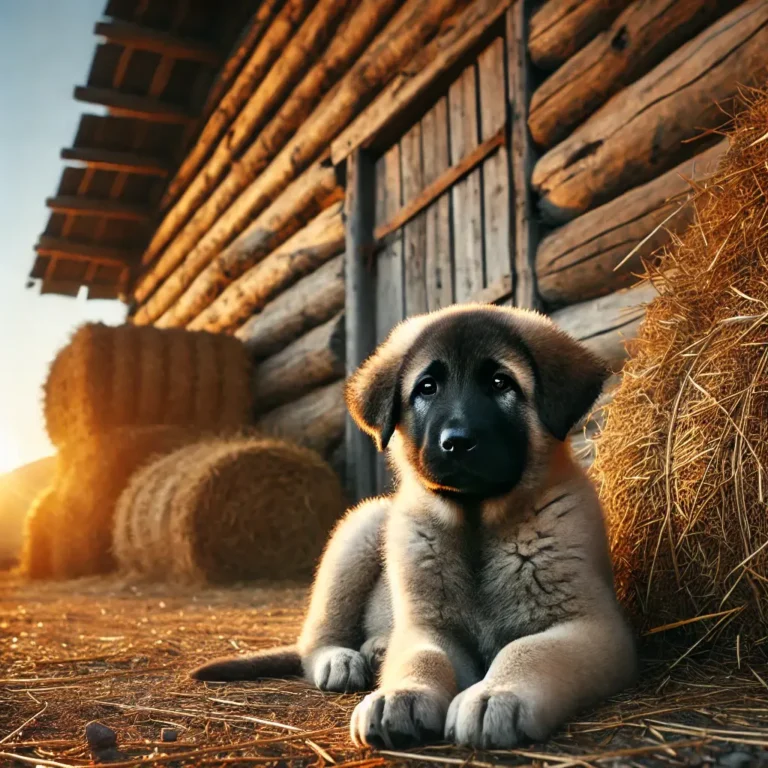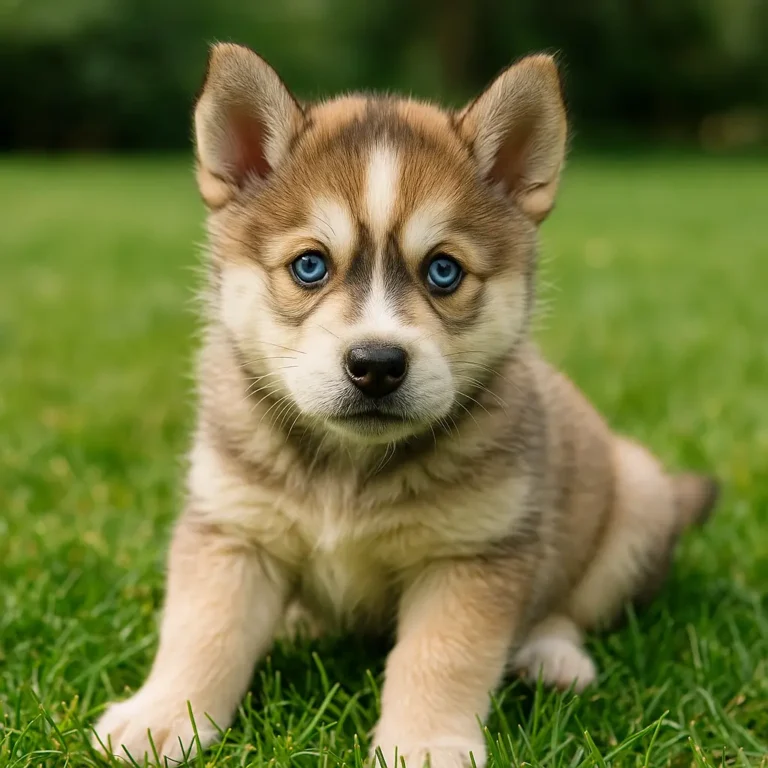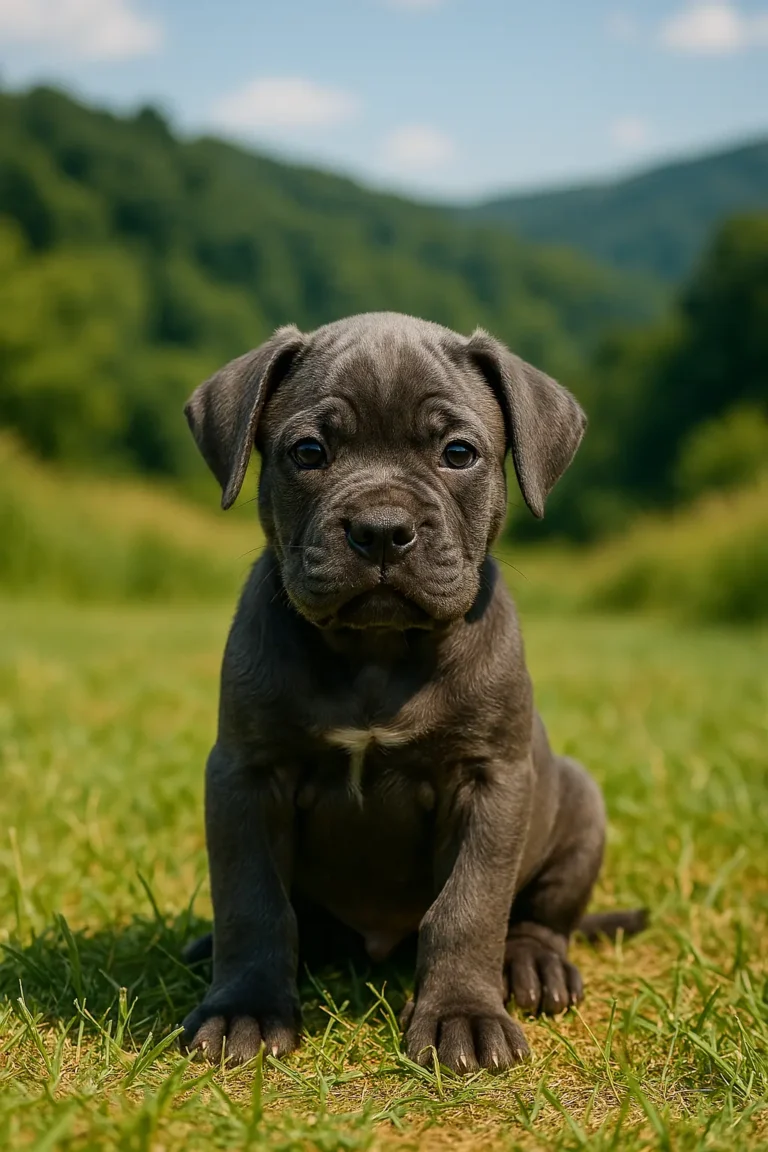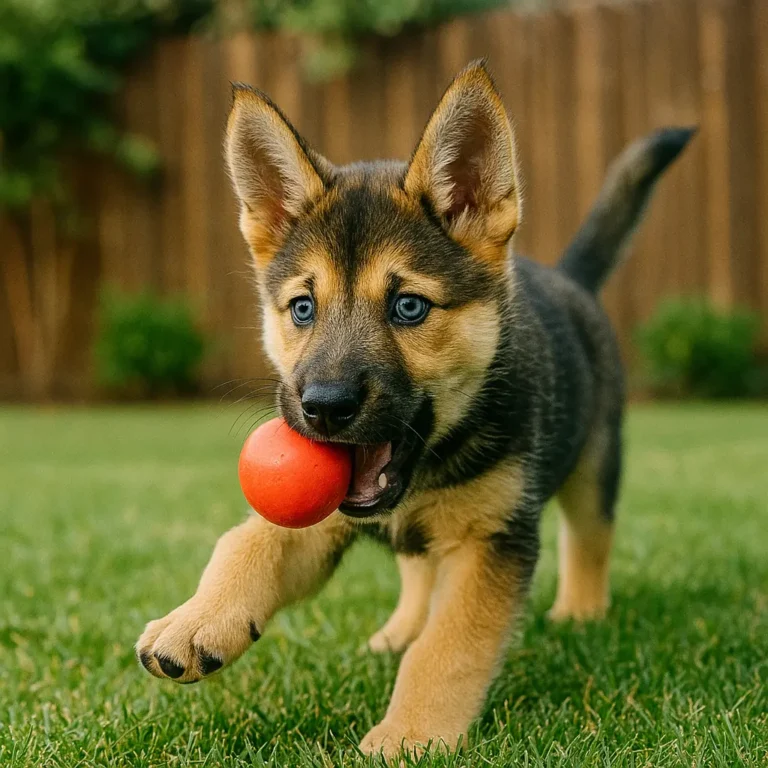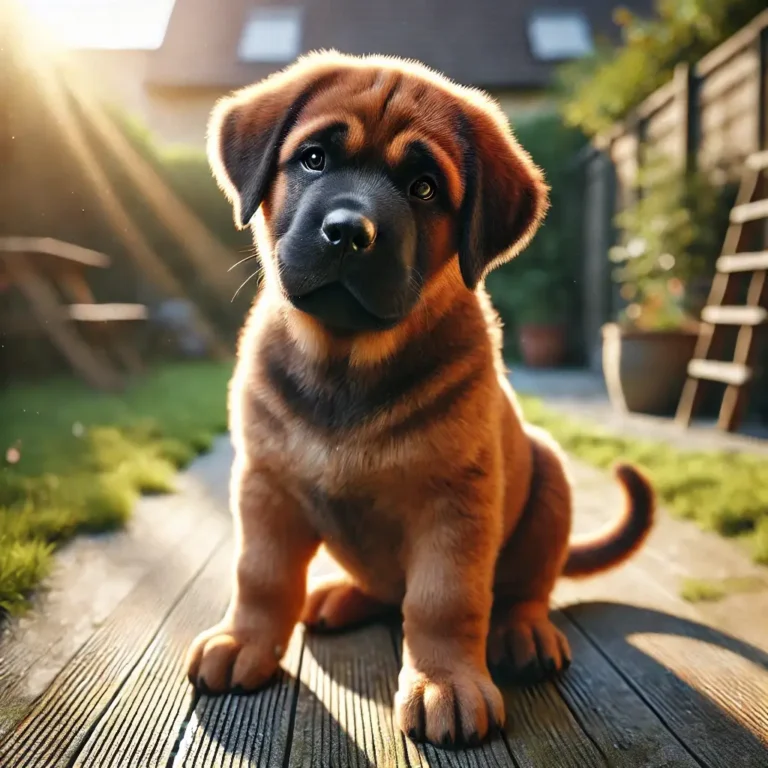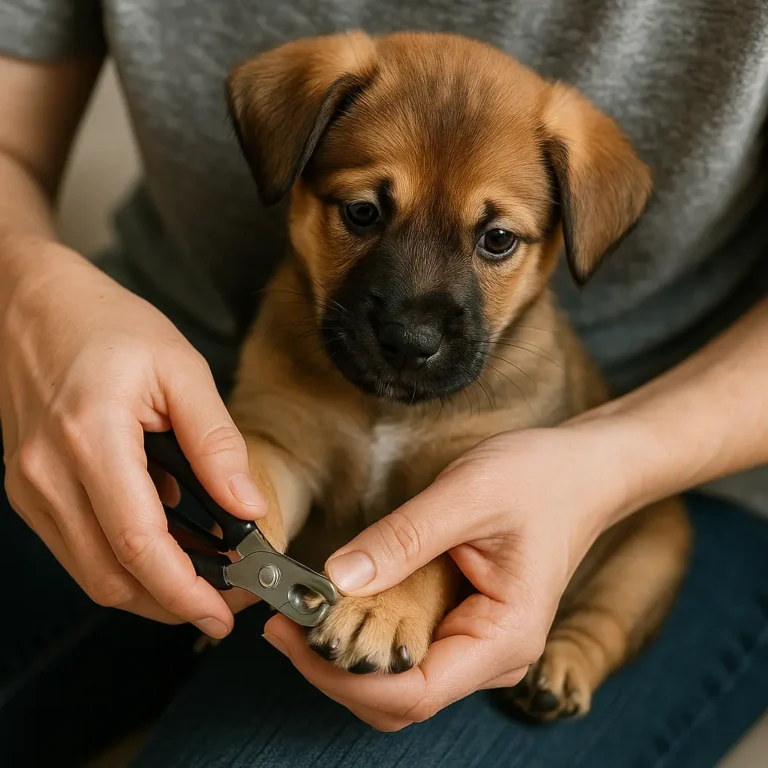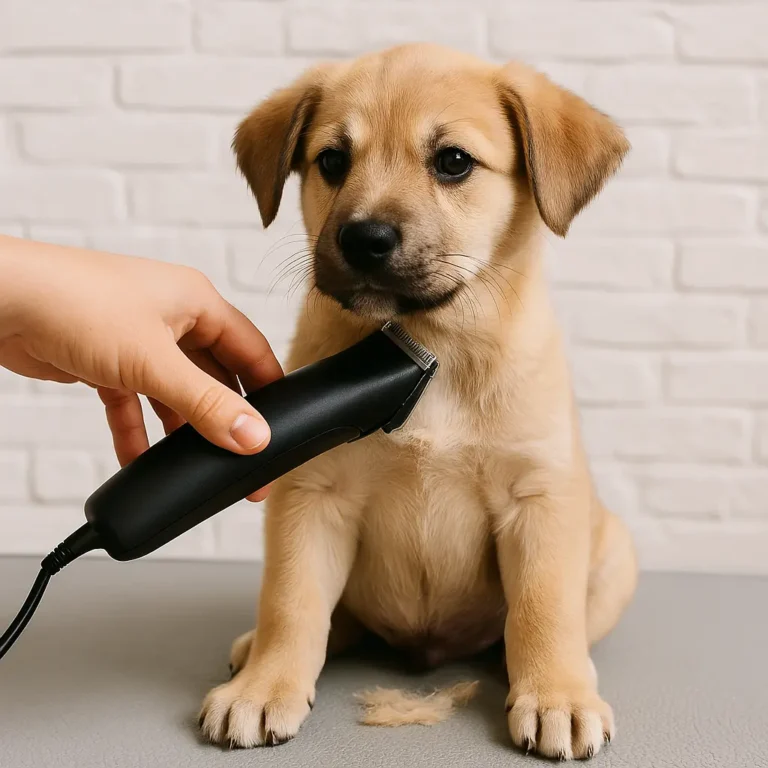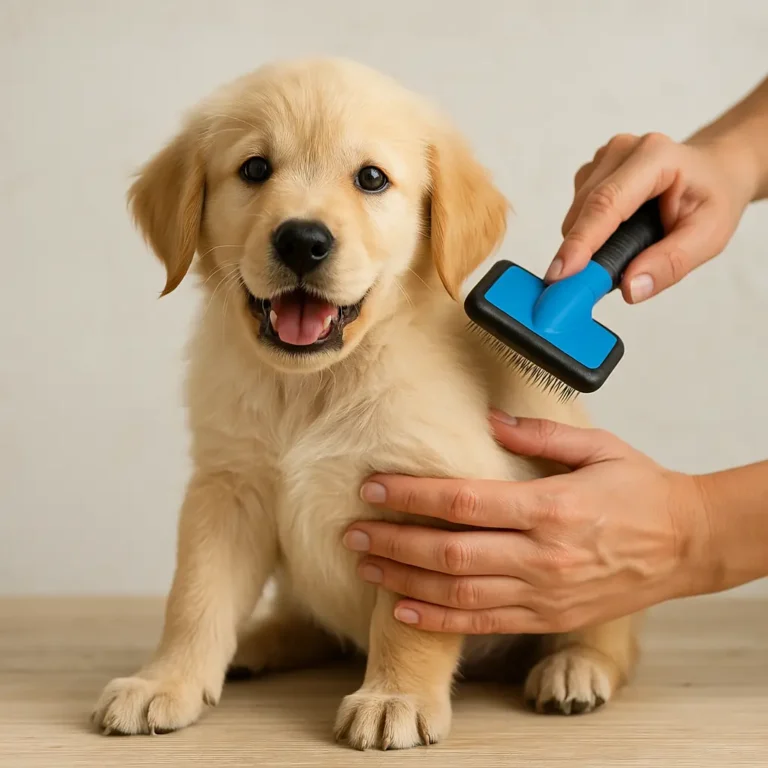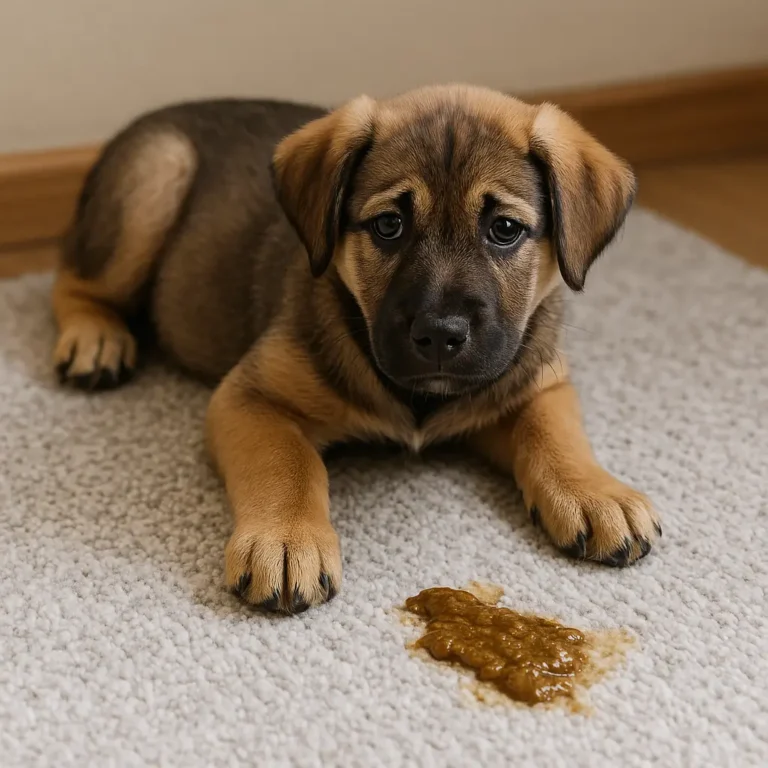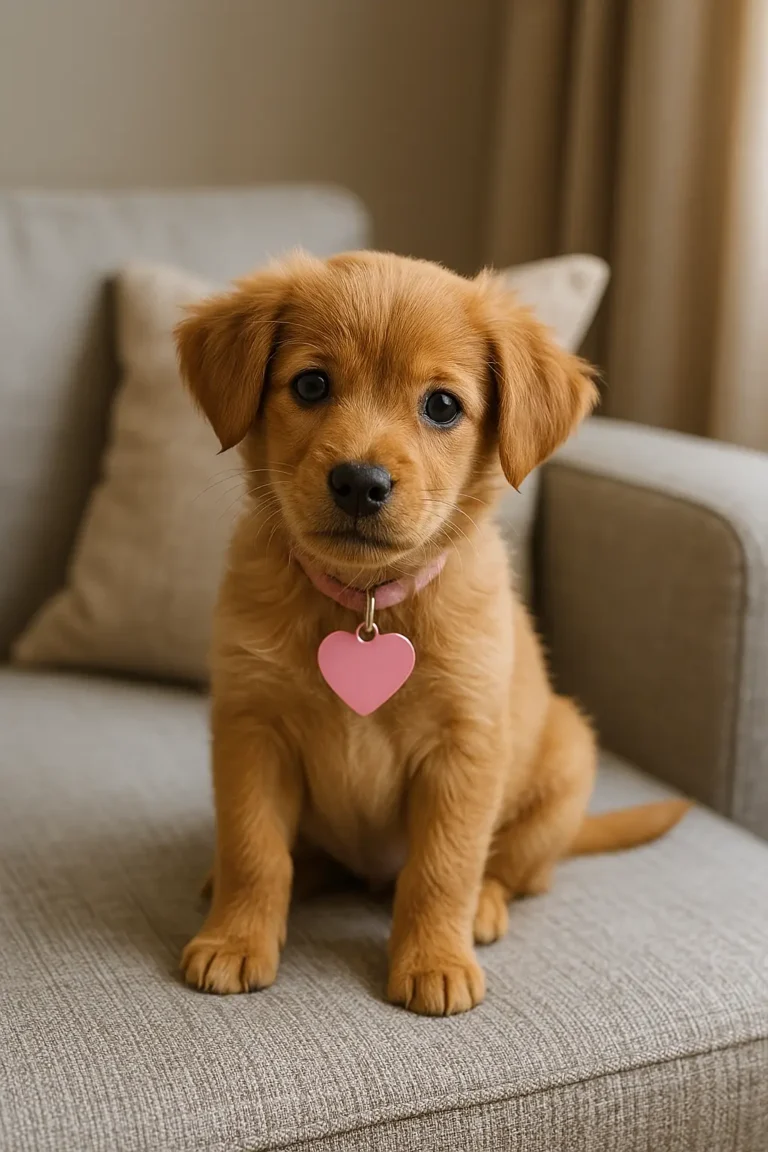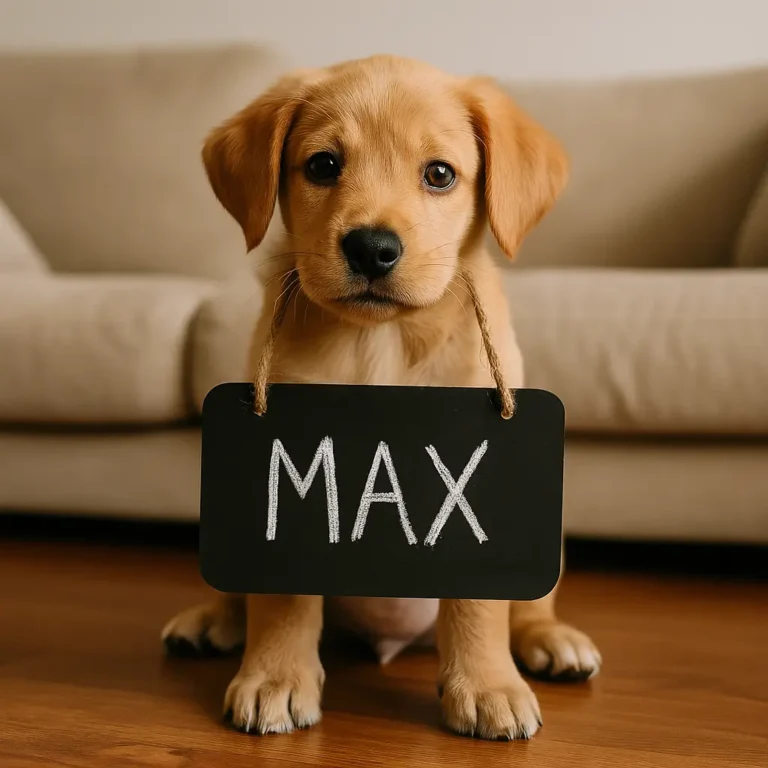Guard Dog Breeds
🛡️ Unleash Protection: Discover the Ultimate Guard Dog Breeds for Every Lifestyle
If you’re looking for a loyal companion that doubles as a home security system, choosing the right guard dog breed is essential. These incredible canines don’t just bark at shadows—they assess threats, protect loved ones, and form unbreakable bonds with their families. Whether you’re in an urban apartment or a countryside estate, there’s a guard dog breed perfectly suited to your needs. From the intelligent German Shepherd to the watchful Rottweiler, each breed has its strengths—from agility to intimidation. But the best ones combine alertness with affection, making them trustworthy family members and brave protectors. In this guide, you’ll discover guard dog puppies, training advice, grooming tips, and hypoallergenic options. We’ll also reveal low-maintenance breeds, rare gems, and surprisingly cute protectors that break the stereotype. If you’re ready to level up your home security with loyalty on four legs, explore this definitive guide to the world’s top guard dog breeds.
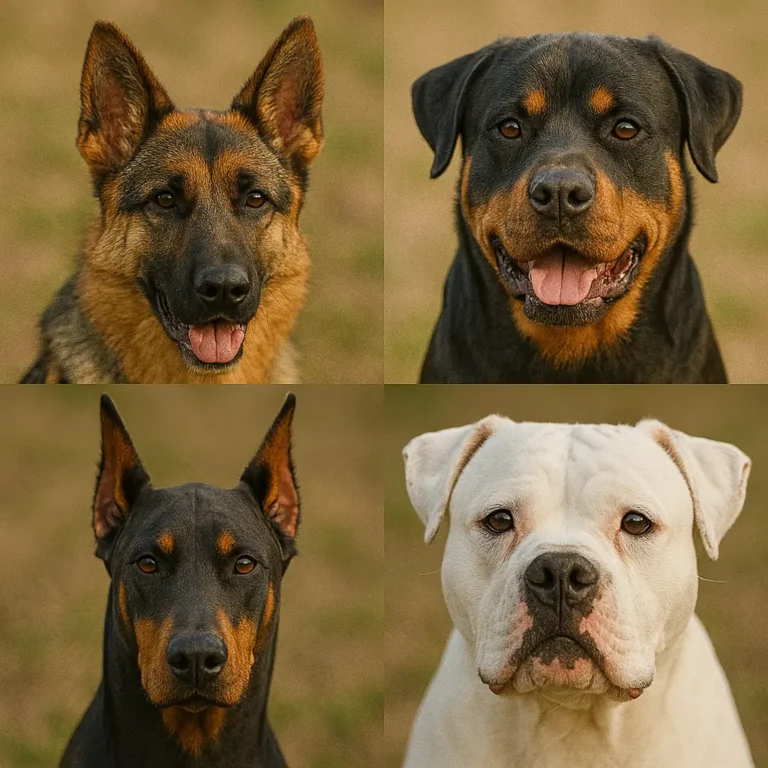
🐶 Brave Beginnings: What to Expect from a Guard Dog Breed Puppy
Every strong protector starts as a curious pup. A guard dog breed puppy is intelligent, observant, and often more serious than average breeds. These puppies quickly display protective instincts—barking at unfamiliar sounds or staying close to their humans. Training and socialization should begin early to help develop a confident, stable adult dog. Crate training, leash manners, and exposure to people and environments are crucial. Breeds like the Doberman or Belgian Malinois will thrive with structure and guidance. Raising a guard dog breed isn’t just about discipline—it’s about trust. Invest in their early days, and you’ll build an unshakable bond.
😍 Tough But Adorable: The Cutest Guard Dog Breeds You’ll Love
Yes, a guard dog breed can be both fierce and totally adorable. Boxer puppies with their oversized paws and goofy grins? Irresistible. Fluffy Akita pups? They look like plush toys. Even Dobermans, often labeled as tough, are surprisingly snuggly in their youth. These breeds bring charm along with courage. Their expressive eyes, floppy ears, and clumsy playfulness will steal your heart—right before they grow into alert protectors. If you’re looking for a dog that melts hearts and scares away intruders, these breeds offer the best of both worlds: cuddly companions with a built-in alarm system.
🎓 Train to Reign: How to Train Your Guard Dog Breed Effectively
Training a guard dog breed requires confidence, patience, and consistency. These dogs are incredibly smart and responsive—but they need structure. Start with basic obedience: sit, stay, come, leave it. Then introduce boundary training, crate habits, and socialization. Breeds like the German Shepherd or Cane Corso respond well to positive reinforcement. Avoid harsh corrections—they can lead to mistrust or reactivity. Instead, reward calm, controlled responses to stimuli. A well-trained guard dog breed won’t just follow commands—it’ll anticipate your needs and act with purpose. Early training creates a balanced, obedient dog who protects with precision, not panic.
🌿 Allergen Alert: Hypoallergenic Guard Dog Breeds for Sensitive Owners
If you suffer from allergies but still want a strong protector, you’re in luck—there’s a guard dog breed for you. The Giant Schnauzer and Standard Poodle are two top contenders with low-shedding, hypoallergenic coats. These dogs are fiercely loyal and naturally protective, making them ideal for both safety and comfort. Regular grooming is still essential to minimize dander. While most traditional guard breeds shed moderately to heavily, choosing a hypoallergenic option ensures you don’t have to sacrifice health for protection. Want a clean home and peace of mind? A hypoallergenic guard dog breed may be your perfect match.
🍖 Fuel the Fighter: Nutrition Tips for Guard Dog Breeds
A powerful guard dog breed needs the right diet to maintain energy, alertness, and health. Choose high-protein foods with joint support and omega-3s for coat and brain function. Large breeds like the Rottweiler benefit from formulas that support heart and hip health. Smaller watchdogs need calorie control to avoid weight gain. Feeding schedules should be consistent—twice daily is ideal. Avoid overfeeding, which can lead to sluggishness and joint stress. Water should always be available, especially for active outdoor protectors. The right fuel keeps your guard dog sharp, fast, and ready to defend its domain.
🛋️ Calm Yet Capable: Lazy Guard Dog Breeds That Still Get the Job Done
Don’t let their mellow demeanor fool you—some of the laziest dog types are excellent guardians. The Bullmastiff, for example, prefers lounging to running, but will act instantly if danger arises. The Great Pyrenees is another low-energy guard dog breed that stays calm until something feels off. These breeds are ideal for families who want peace and protection. They don’t require endless fetch games, just space to observe and a purpose to fulfill. Want a watchdog without the high-octane energy? These lazy yet loyal dogs are low-maintenance guardians who prefer patrolling from the comfort of the couch—or your porch.
🐕 Call of Duty: Strong and Memorable Names for Your Guard Dog
The perfect name for your guard dog breed should reflect power, presence, and personality. Try strong one-syllable names like “Blitz,” “Tank,” or “Thor.” For females, “Storm,” “Nyx,” or “Sable” exude authority. Cultural names like “Koda” (friend), “Rex” (king), or “Akira” (bright, clear) offer flair. Avoid tongue-twisters—shorter names are easier for training and recall. A great name builds identity and commands attention. Whether you want a bold, ancient, or modern vibe, name your protector with meaning. After all, this isn’t just a dog—it’s your family’s first responder, and their name should carry the weight of their role.
🌍 Beyond the Usual: Rare Guard Dog Breeds That Deserve the Spotlight
Everyone knows the Rottweiler and Doberman—but there are rare guard dog breed options that deserve attention. Meet the Beauceron, a French herding guardian known for its focus and strength. The Thai Ridgeback is sleek, loyal, and naturally territorial. The Caucasian Shepherd is massive, brave, and not for the faint of heart. These breeds are less mainstream but equally powerful. If you’re looking for something different—something that stands out while still offering top-tier protection—these rare gems offer reliability, presence, and personality. Don’t settle for the expected. Sometimes, the best protectors are the ones nobody saw coming.
✂️ Groom to Guard: Grooming Needs of Guard Dog Breeds
A clean guard dog breed is a happy (and more comfortable) protector. Grooming needs vary—short-coated breeds like Dobermans require weekly brushing and occasional baths. Breeds like the Akita or Great Pyrenees need more frequent care, especially during seasonal shedding. Keep nails trimmed, ears clean, and coats free of mats or debris. Regular grooming isn’t just about looks—it helps detect skin issues, ticks, or injuries. Plus, it builds trust between you and your dog. Even the fiercest protector needs downtime, and grooming offers bonding while keeping them fresh, healthy, and inspection-ready. A well-groomed guard dog is always at its best.
⚠️ Guard Dogs ≠ Aggressive Dogs: Know the Difference
Many assume a guard dog breed equals aggression—but that’s a myth. True guard dogs are calm, confident, and controlled. They assess situations before reacting and rarely show aggression without cause. Breeds like the Boxer, Belgian Malinois, and Cane Corso are protective, not vicious. With proper training and early socialization, these dogs become family-safe and highly reliable. Aggression stems from fear or poor upbringing—not genetics. The farm guard dogs don’t bark excessively or lunge without reason—they stand tall, watch quietly, and act only when needed. Choose your breed wisely, train with care, and you’ll have a protector, not a problem.
❤️ Built to Last: Health and Longevity of Guard Dog Breeds
A healthy guard dog breed is a long-lasting protector. Keep an eye on common issues like hip dysplasia, bloat (especially in large breeds), heart conditions, and skin sensitivities. Regular vet checkups, a nutrient-rich diet, joint support, and dental care all extend their active years. Working breeds like the German Shepherd and Rottweiler thrive when mentally and physically engaged. Preventive care is key: weight management, exercise, and vaccinations help avoid future complications. With proper maintenance, these loyal companions can guard your family for 10–14 years—and with the same intensity as day one. Their health is your home’s silent security.
⚖️ Tough or Tidy? Maintenance Needs of Popular Guard Dog Breeds
Some guard dog breed options require more upkeep than others. The Akita and Great Pyrenees shed heavily and need regular grooming. Dobermans and Boxers are lower maintenance with sleek, easy-to-clean coats. Mental stimulation is another form of upkeep—intelligent breeds like the Belgian Malinois or German Shepherd need daily challenges to avoid boredom. Match your lifestyle to the breed. If you want low-grooming but high-drive, go for a Doberman. If you love brushing and have time to train, consider a Pyrenees. The best guard dog isn’t just protective—it’s compatible with your energy, home setup, and grooming tolerance.
Guard Dog Breeds faq
Are guard dogs good with kids?
Do they bark a lot?
Are all guard dogs large?
Can they be left alone?
Which breed needs the least grooming?
Do they require special diets?
Are guard dogs aggressive?
Do they live long?
🐶 Guardian Life: What It’s Like Living With a Guard Dog
Living with a guard dog breed is like having a loyal best friend who never sleeps on duty. These dogs stay close, scan surroundings, and act as a buffer between you and the outside world. They’re not overly clingy, but deeply attached. You’ll feel safer walking at night or answering the door. They bond with family and form routines fast. Whether lying beside your kids or patrolling the backyard, a good guard dog is steady, focused, and always aware. Life feels more secure—and surprisingly affectionate—when you live with a four-legged sentinel.
From intimidating presence to loyal heart, a guard dog breed offers unmatched companionship and peace of mind. Whether you’re raising a pup, adopting a rare breed, or choosing your first protector, the right dog can transform your sense of safety and connection. These dogs aren’t just brawn—they’re brilliant, intuitive, and deeply bonded with their people. With proper training, care, and love, your dog becomes more than a guardian—they become part of your inner circle. Ready to meet your ideal protector? Dive into the world of guard dog breeds—and find your loyal, watchful match today. Embark on the what dog breed am I quiz and meet your match!

